Culture & Customs
Overall, guys can dress however they like, but women need to dress more conservatively. Although you see many tourists wearing whatever they want, we chose to cover up as much as possible to avoid unwanted attention.
If you're hoping to see a Mosque while visiting Morocco, you might be out of luck unless you're Muslim. Most mosques are off-limits to non-Muslims, with the exception of the massive Hassan II Mosque in Casablanca. They are still beautiful to take photos from outside though! If you're looking for beautiful architecture, Bahia Palace is open to visitors.
Keep in mind that it is a Muslim country, so pay attention to their holidays otherwise you might be there when everything is closed. Also, most shops and attractions will close on Friday since it's the holy day.
A friend of mine went during Ramadan and told me it was very difficult to eat meals. We happened to arrive in Morocco on Eid al-Adha, where they were slaughtering and sacrificing animals on the street. All shops we saw closed that day and most shops were closed the following day.
When you're walking through the markets, be careful when taking photos of people and shops. Unless you are purchasing something, they may get angry at you and even demand money for the photos.
When we took photos of the snake charmers, we paid 20 DH. Some may even insist you pay more, so again, it's good to first establish a price before taking a photo.
Money & Tipping
Exchange enough money when you get your chance. Ask the front desk at your hotel; they may have money to exchange. However, Moroccan cab drivers rarely 'have change' when you need it. To avoid overpaying, keep your coins.
In the Moroccan culture, people are tipping each other wherever they are. It is a kind of respect for their service. Kindly, you better have some local small changes (S.D.h).
Fes is known for leather and carpets, while Marrakech is known for fragrances, oils, and spices (especially saffron). If you're buying saffron, make sure you're buying the real thing.
Many places sell artificial saffron for dirt cheap or mix the real with the fake stuff. You can ask them to do a demonstration in water. If it colors the water yellow, it's real. If it turns reddish, it's the dye coming out from the artificial saffron. You can also smell the difference (should smell more herbal), or ask for a couple of strands to put in your mouth and spit it onto a tissue to see what color it produces.
Safety & Health
To stay on the safe side, drink bottled water, and even use it to brush your teeth. Also, avoid any ice when you're out. If you don't mind constantly buying bottled water, that will be much better.
Most Moroccans are friendly and honest, but you should always be careful with pickpockets in any major city, especially in crowded places like the markets.
Language
Multilingual Moroccans will put you to shame. Most Moroccans tend to switch between languages in almost every sentence (Arabic, French and Spanish) reflecting the culture shock that is very known in Morocco.
Moroccans speak a mixture of Arabic, Berber, English, and French. You'll be fine with English in most of the larger cities, but you'll probably need a translator in the rural parts of the country.
Do you have More Questions?
Please do Not hesitate to contact us for a Live Chat on WhatsApp or a Call
Was this page helpful?
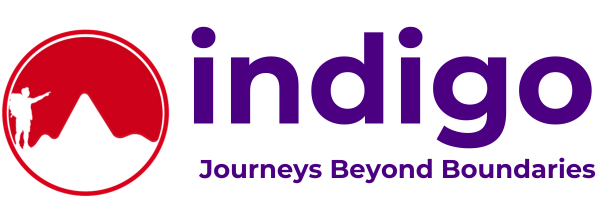

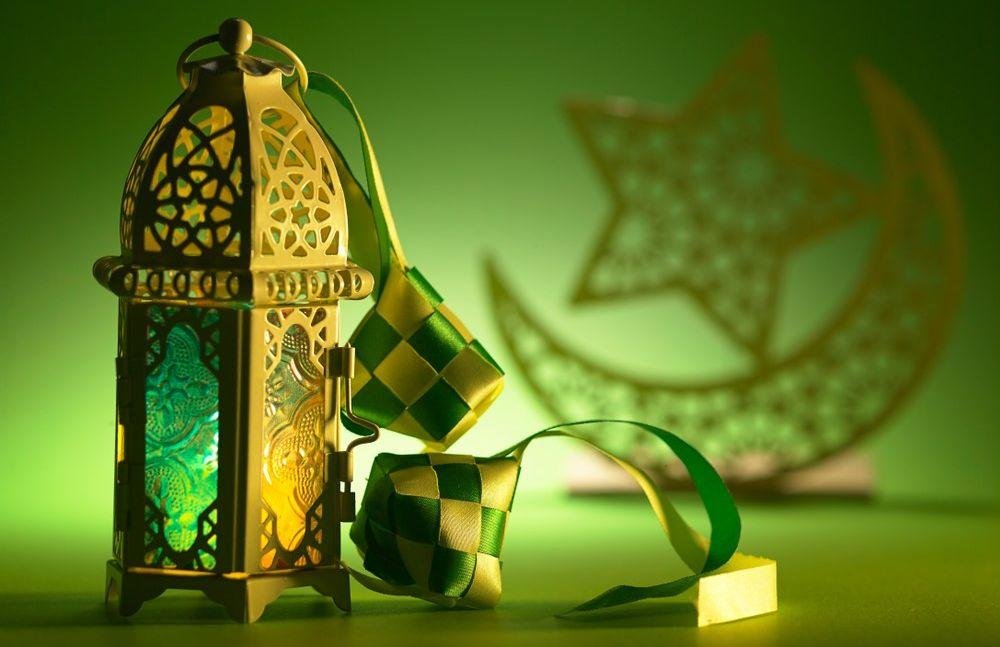
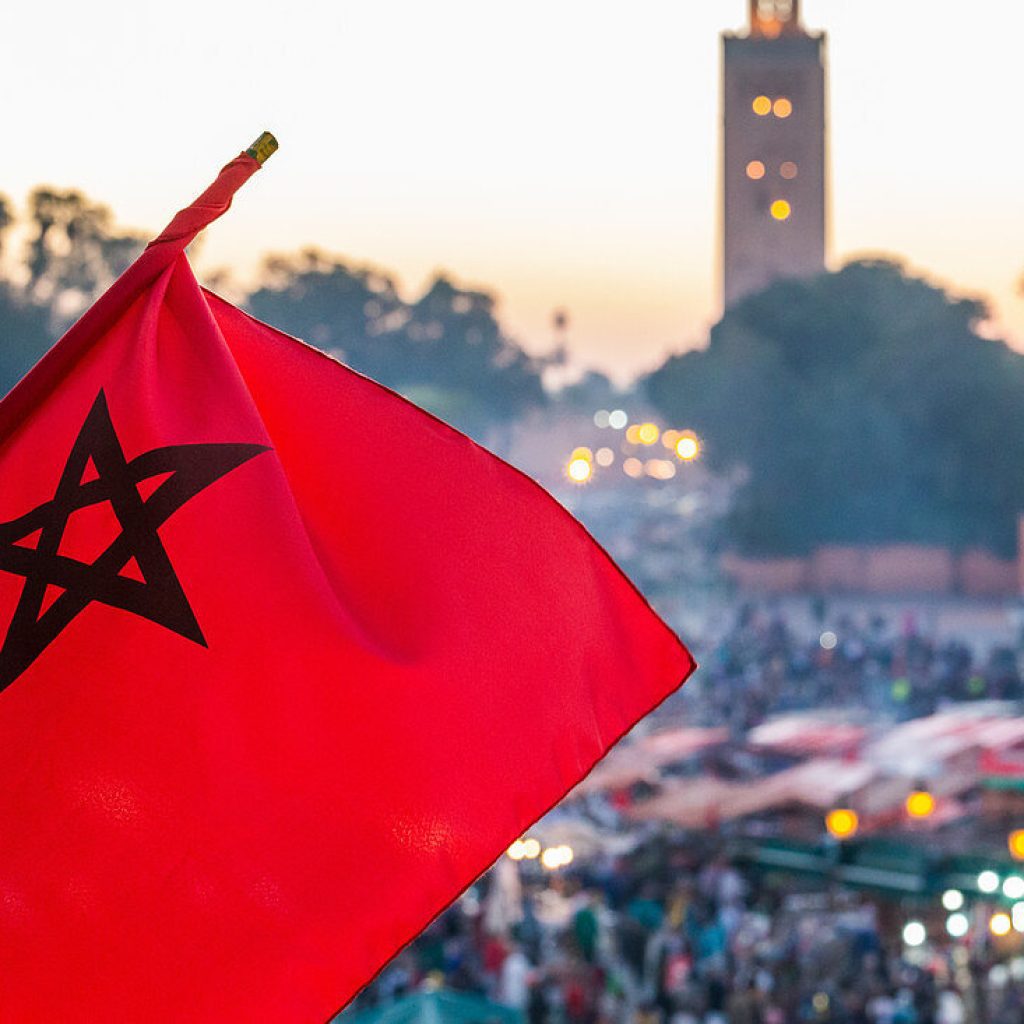
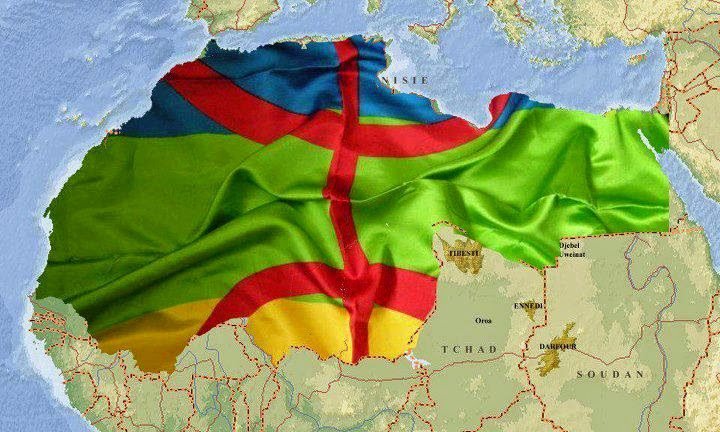

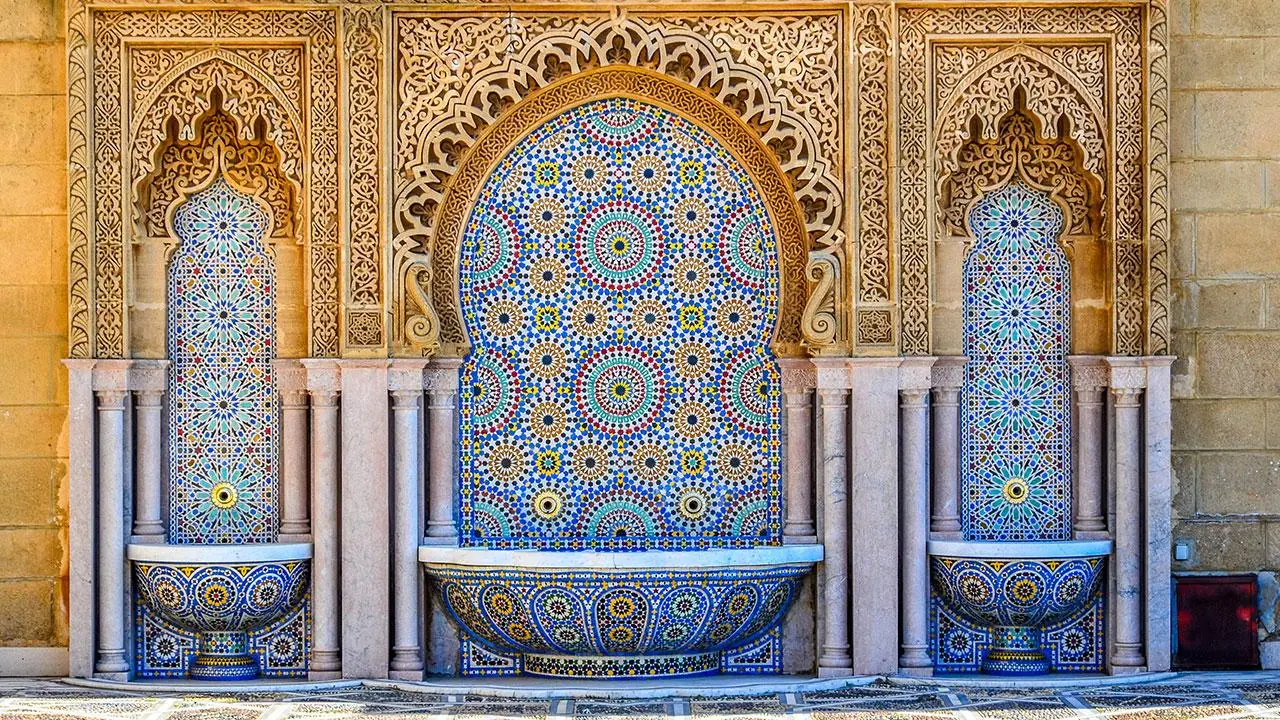

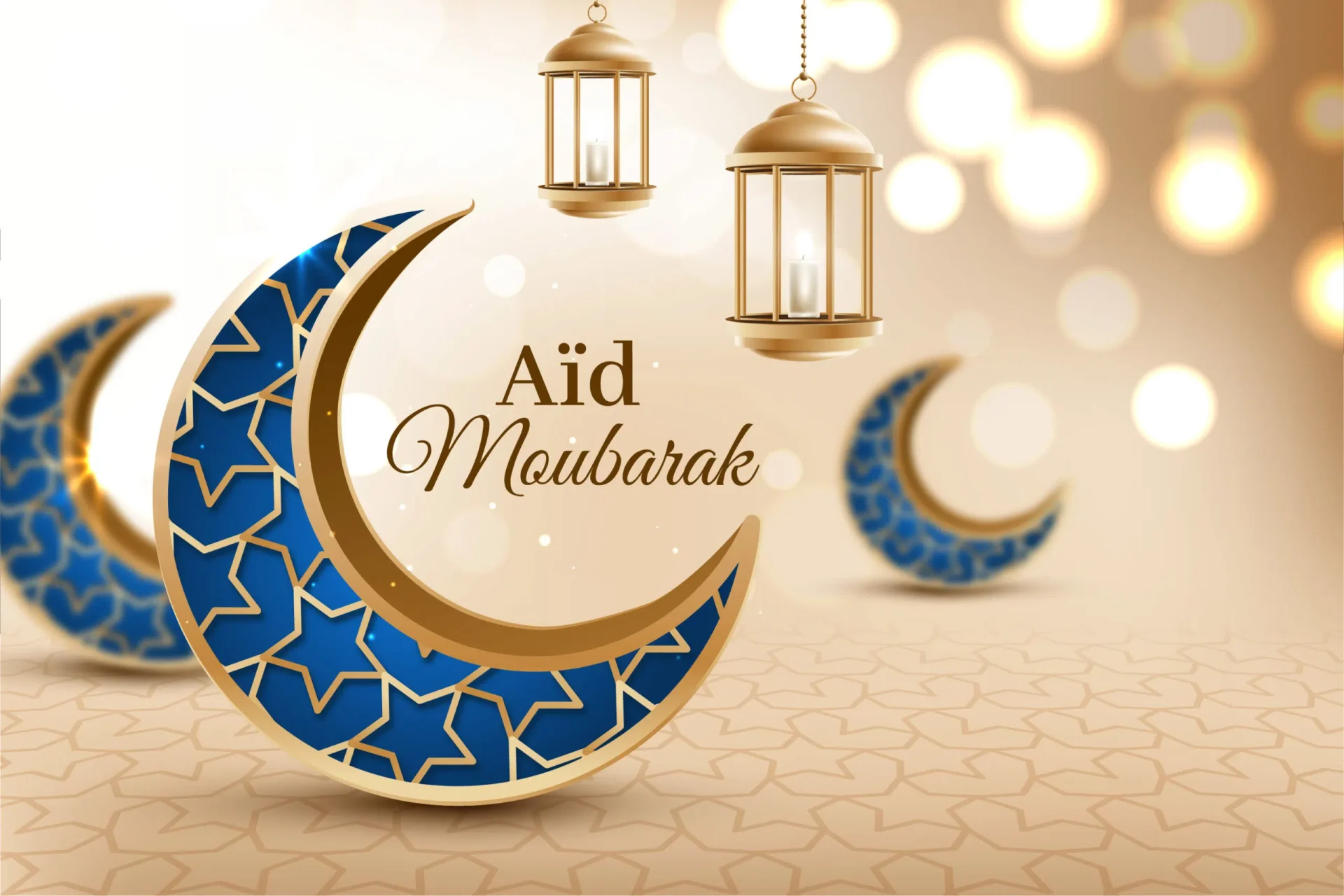
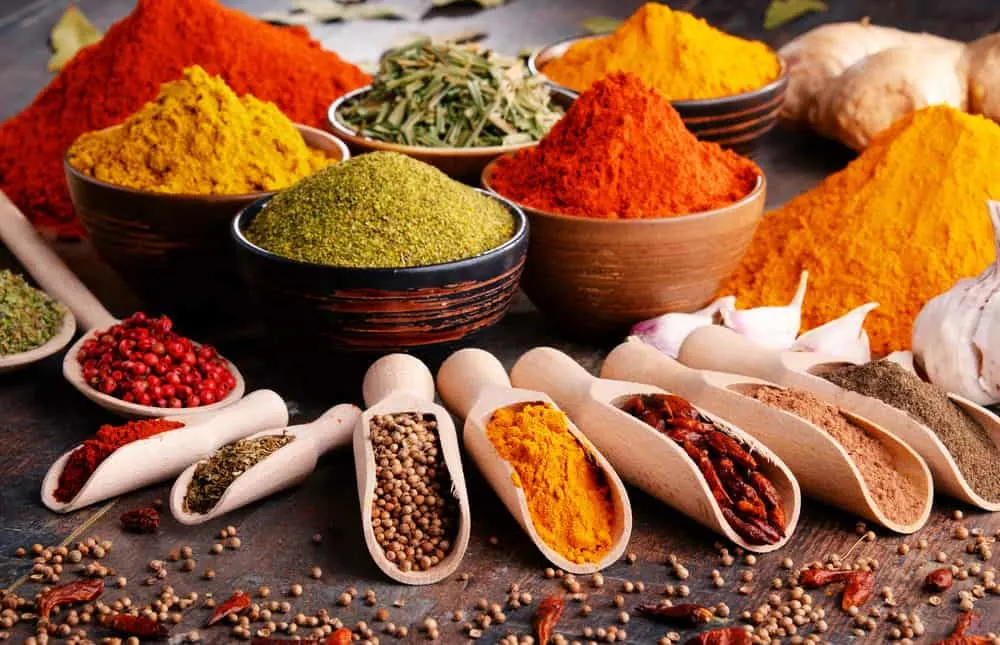
Tell us what you found helpful. What were you looking for? (optional)
Please contact us if you want to chat, as we're unable to respond to this feedback.